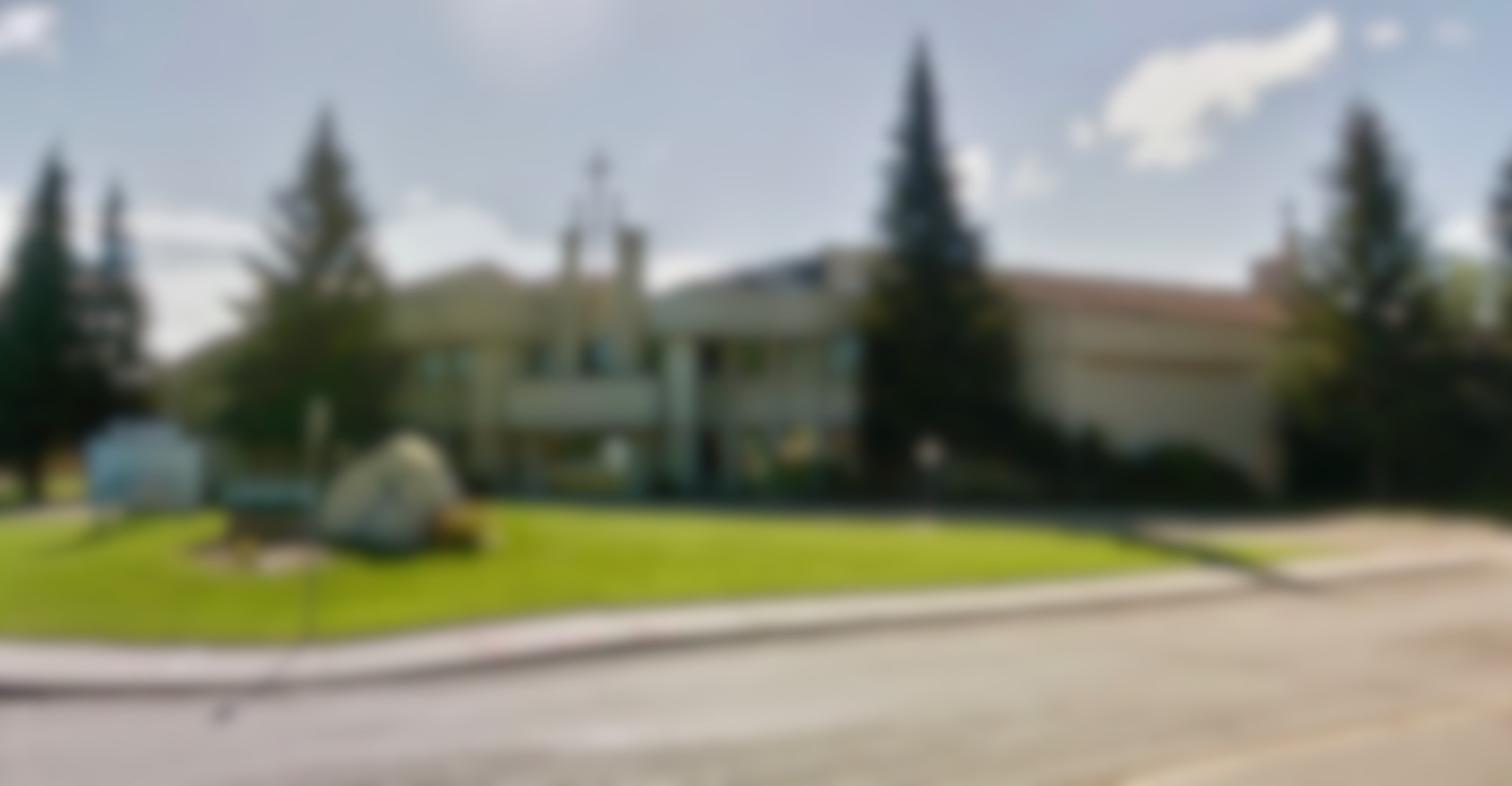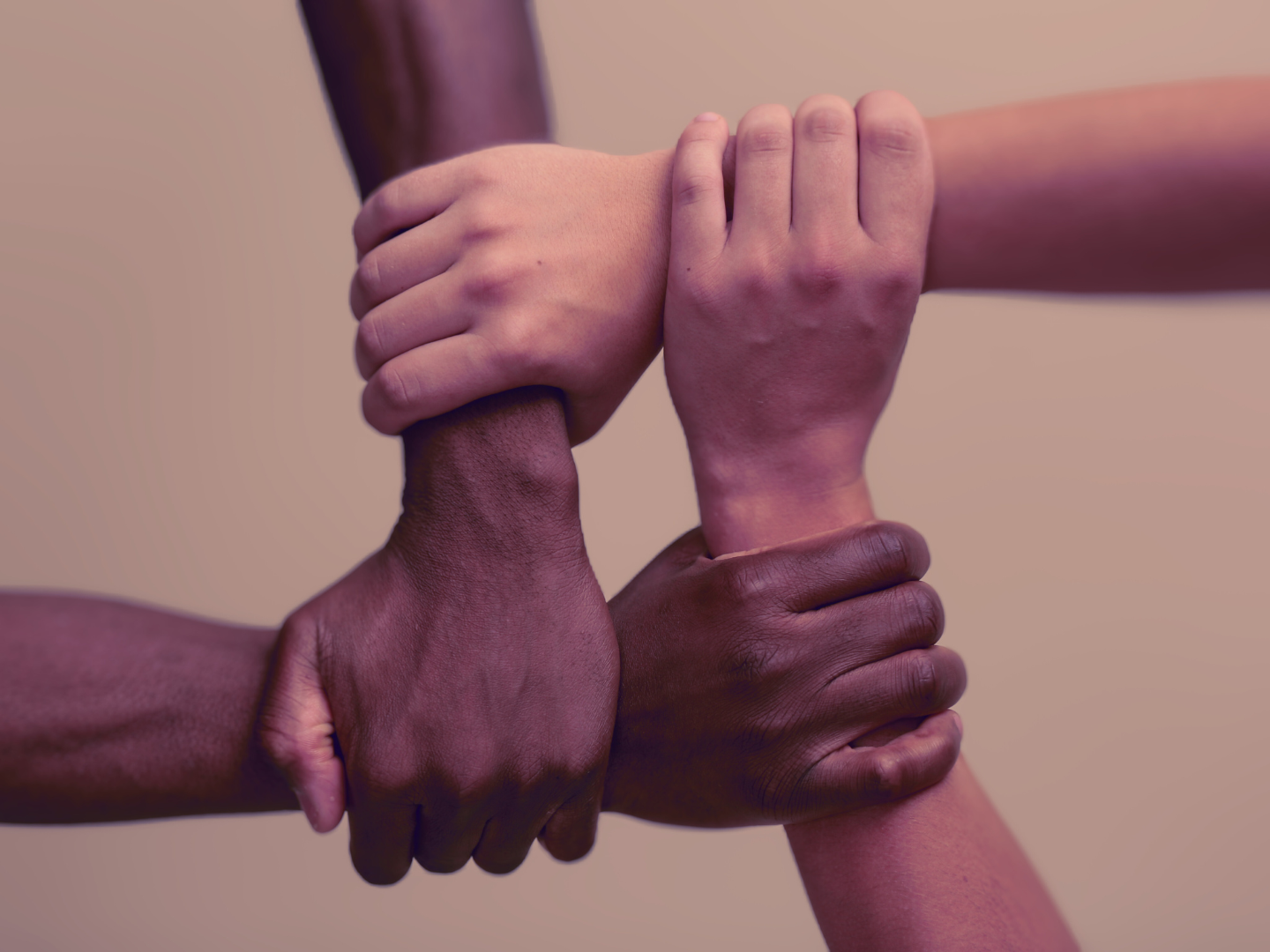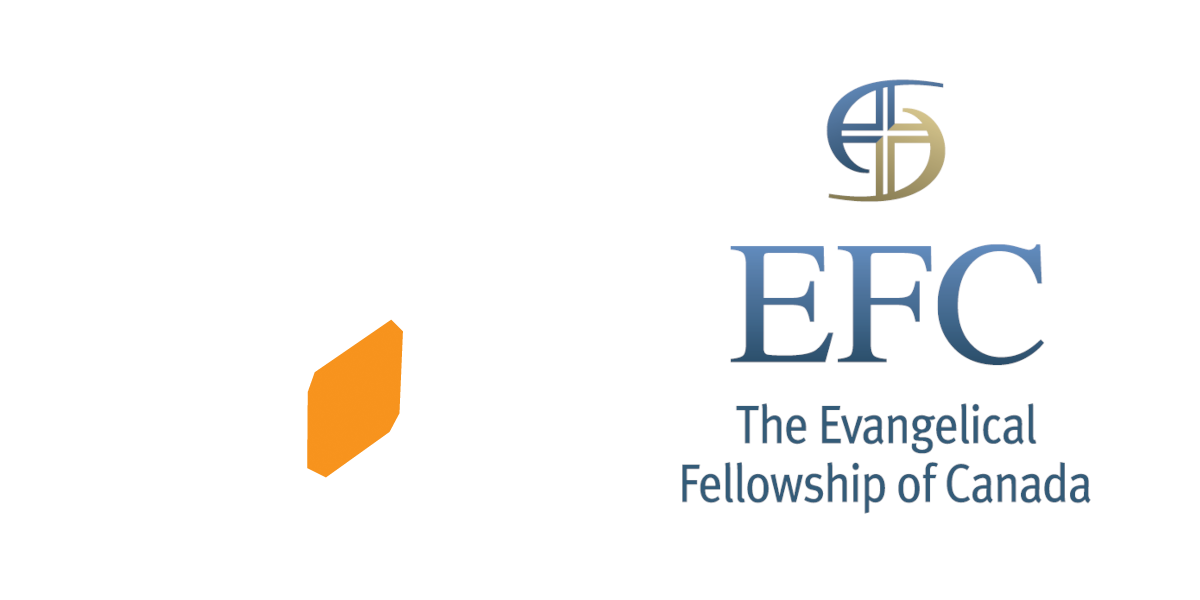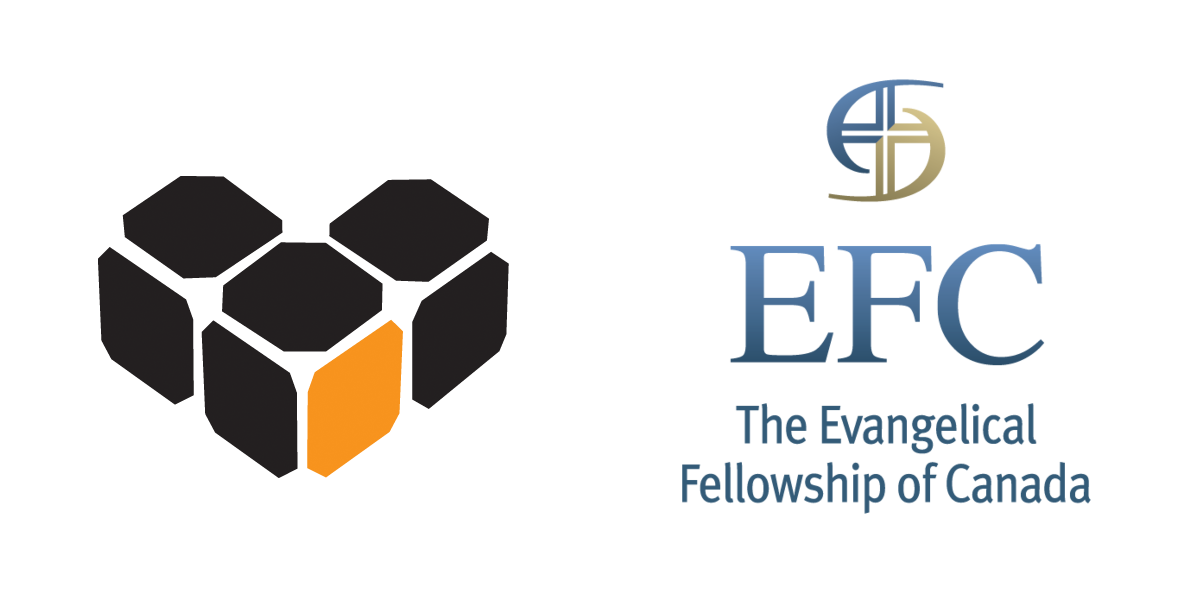
Racial Reconciliation Resources

Resource Suggestions From Randy Klassen
Good Neighbours: First Steps, Next Steps
Suggestions for Getting to Know Indigenous Neighbours
For Cornerstone Church, June 2020, by Randy Klassen
God calls us to love our neighbours. One of the simplest ways to demonstrate that, with any neighbour, is to find out what is important to them. Here are a few ways that you can take a next step in finding out what is important to the Indigenous neighbours with whom we live side by side.
History, Culture, Values
There are hundreds, possibly thousands of authors who are writing from and about Indigenous experience, and the work of Indigenous-settler reconciliation; it’s impossible to try and keep up! Public libraries will have many titles available, fiction and non-fiction, including many for on-line borrowing, so you can read on your computer or other device without having to go to the library; see link here.
These are books I have read, have found helpful (and often enjoyable), and would recommend. A word of caution: not all these authors or books will be friendly to the Church or Christian teaching. But that is something we need to understand, and be prepared to listen to, on our journey of becoming better neighbours.
• The Inconvenient Indian, by Tom King. A historical overview of European-Indigenous relations in North America since Columbus’s “discovery.” Essential reading for every Canadian.
• 21 Things You May Not Know About the Indian Act: Helping Canadians Make Reconciliation with Indigenous Peoples a Reality, by Bob Joseph.
• Truth and Reconciliation Commission: reports, summary findings, and Calls to Action. Available online at www.trc.ca
• Two families, by Harold R. Johnson. A Cree perspective on Treaties, by a respected Saskatchewan lawyer and author.
• A Geography of Blood, by Candace Savage (a Saskatoon author). A beautifully written but unsettling journey of discovery about the Cypress Hills of SW Saskatchewan.
• In this Together: Fifteen Stories of Truth and Reconciliation, by Danielle Metcalfe-Chenail.
• One Story, One Song, by Richard Wagamese. An encouraging book of short reflections on life, by a well-known Ojibwe author who died too young.
• Three titles from Rupert Ross, a lawyer who worked for many years in northern Ontario, which show his own evolving understanding of First Nations culture: Returning to the Teachings: Exploring Aboriginal Justice (1996); Dancing with a Ghost: Exploring Indian Reality (2006); Indigenous Healing: Exploring Traditional Paths (2014).
• Braiding Sweetgrass. A remarkably beautiful set of reflections on ecology and learning from the land, by an American Indigenous woman who is also a professor of botany.
• Askiwina: A Cree World, by Doug Cuthand. Reflections on local Saskatchewan concerns and events (Cuthand is also a regular columnist in the StarPhoenix).
• Voices of the Plains Cree, by Rev. Edward Ahenakew, a Cree Anglican priest (1885-1961). Stories from pre-Treaty times, and a semi-autobiographical memoir, “Old Keyam,” a remarkable combination of worn, sad, and hopeful and incisive observations on the transitions facing First Nations a century ago. Canada might have been a different place today if such voices were taken seriously back then.
Indigenous Experience & Christian Faith/Theology
Several titles dealing specifically with questions of Christian Indigenous experience and identity (including several books which I reviewed for the Mennonite Brethren Herald -- links included). Several of these authors are part of the noteworthy organization NAIITS (North American Institute for Indigenous Theological Studies, naiits.com):
• One Church Many Tribes, by Richard Twiss (Chosen Books/Baker, 2000). An important book for evangelical Christians, by an author who died too soon.
• Rescuing the Gospel from the Cowboys, also by Richard Twiss. Review here.
• Shalom and the Community of Creation: An Indigenous Vision, by Randy Woodley. (Eerdmans, 2012). Review here.
• Unsettling Truths: The On-going, Dehumanizing Legacy of the Doctrine of Discovery, by Mark Charles and Soong-Chan Rah. (InterVarsity, 2019). Review here.
• A recent Bible translation project adds a First Nations voice to the multitude of Scriptures available these days: Walking the Good Road: The Gospels and Acts with Ephesians (2017).
• Mennonite Church Canada has also published a number of important titles: Unsettling the Word: Biblical Experiments in Decolonization (2018), Wrongs to Rights (2016), and more.
Fiction & Biography
If fiction (novels, biography) or poetry is your thing, there’s an amazing richness of talented Canadian authors & poets to read. The Saskatoon Public Library will have a solid listing (including many children’s titles.) Here are a few books I have enjoyed and/or benefitted from (and again, be prepared to read stories that explore painful parts of Indigenous experience). In alphabetical order:
• Harold Johnson (again): Charlie Muskrat; Clifford; The Cast Stone. Creative story-telling that is sometimes whimsical, sometimes sci-fi speculative, sometimes dystopian, always local, always thoughtful. One of these stories even involves MCC (as a minor player)!
• Tom King (again): one of the leaders in Canadian Indigenous lit. Green Grass, Running Water is already a classic. Most anything written by him will be enlightening (as well as entertaining).
• Jesse Thistle: Up from the Ashes. Biography; a recent bestseller.
• Katherena Vermette: The Break. A gripping story of violence and hope within a Métis family in Winnipeg’s North End.
• Rudy Wiebe: a respected senior voice in CanLit. Peace Shall Destroy Many (1962). Wiebe’s first novel is a coming-of-age story of a rural Saskatchewan Mennonite, that also explores the important theme of Mennonite-Indigenous relationships.
• Stolen Life: The Journey of a Cree Woman (1998). With Yvonne Johnson. An eye-opening and agonizing journey of one woman’s descent into Canada’s “correctional” system.
• Big Bear (Extraordinary Canadians series, 2008). Retells the life of this important Cree Chief.
Watch
• Reserve 107: a local Saskatchewan story about land conflicts and moving towards reconciliation. www.reserve107thefilm.com
• First Contact: A mini-documentary series (2 seasons, 3 episodes each) reality show, that arranges for a group of Canadians (with all kinds of hidden and not-so-hidden biases) to meet Indigenous people across Canada. It could be an excellent resource for a discussion group. Link
• Treaty Talk, Treaty Walk. Stories from Alberta in 2018-19. treatytalk.com
• Elder in the Making. Encounter between a recent Canadian and a young First Nations man in southern Alberta. elderinthemaking.com
• Reconciliation Thunder. A series of short videos by James Thunder, a Winnipeg businessman and Pentecostal minister (with a degree from Horizon College here in Saskatoon). YouTube “Reconciliation Thunder”
• I don’t normally recommend Disney movies for helpful perspectives on life, but if you are looking for entertainment with your kids or grandkids that also addresses a pertinent issue, Frozen 2 is actually a good discussion starter for questions of history and reconciliation, illustrating what it means to “do the next right thing.”
Listen
• Reconciliation podcast, from MCC Saskatchewan: Link
KAIROS blanket exercise
Consider hosting a KAIROS blanket exercise for your church and/or community. This is an experiential learning tool that unpacks 500 years of history. MCC Saskatchewan is an official partner and can provide facilitators for this event.
An important part of relating to Indigenous people in respectful and reconciling ways is to be growing in awareness of your own identities as well, and all that that includes. I encourage people to:
• know your personal story, your family story (when/why did you or your ancestors leave a different homeland to come to this land? what cultural, political, or historical dynamics affected their decisions, their transitions, their hopes for a new life? what breaks in family knowledge might signal difficult moments in that story? e.g. wartime, refugee experience, adoption).
• know your local community story—the layers of history that join to shape the region, the community, where you live.
• know your spiritual story, your identity and calling as citizens of God’s kingdom. Be ready to engage the spiritual practice of “unlearning” (aka repentance) as we encounter different aspects of our personal, family, community, or national identities that might conflict with values of God’s kingdom.
I’m always ready to do what I can to encourage people on this journey.
Randy Klassen
Indigenous Neighbours Coordinator
Mennonite Central Committee Saskatchewan
306.665.2555 | randyklassen@mccsk.ca






